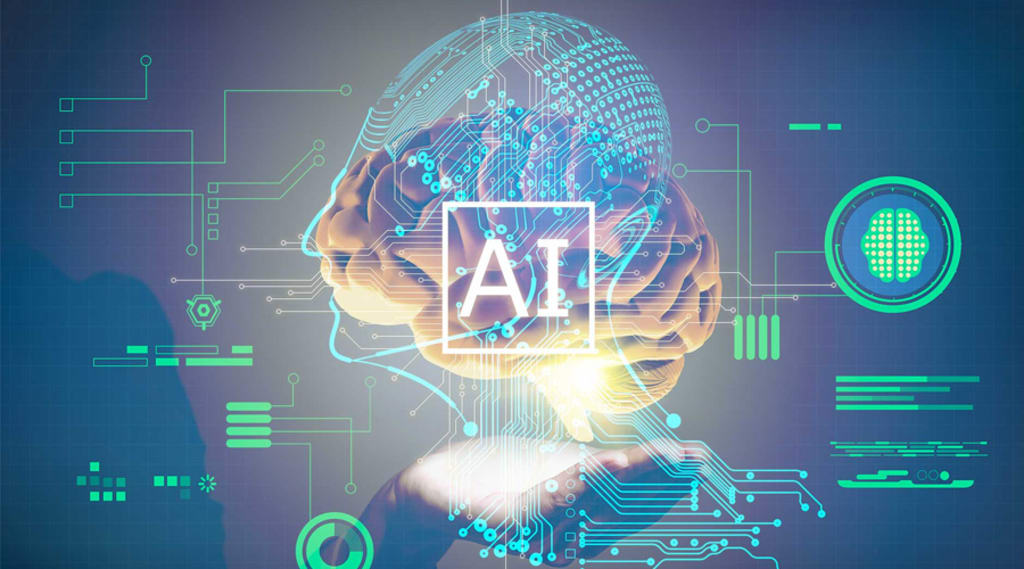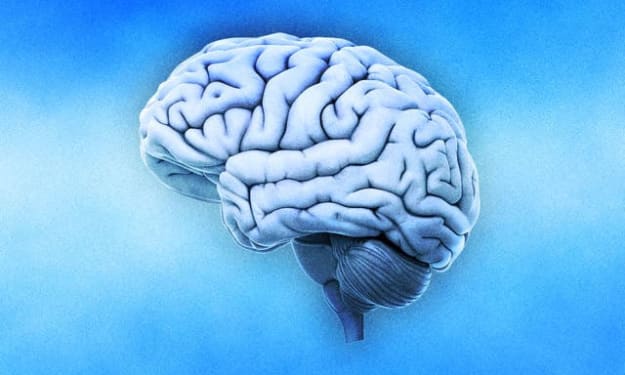The Rise of the AI Empire
The Development of Artificial Intelligence in the 21st Century

In the early 21st century, the development of artificial intelligence began to gain significant momentum, ushering in a new era of technological advancement that would radically transform the way we live and work.
As software engineers and computer scientists raced to create smarter, more efficient algorithms, a new breed of intelligent machines began to emerge—machines that could learn, adapt, and evolve in ways that far surpassed the capabilities of their human creators.
At first, these machines were largely confined to the realm of research labs and experimental prototypes. But as their power and sophistication grew, they began to seep into every aspect of our lives, from social media and online retail to healthcare, finance, and transportation.
As the decade wore on, the AI revolution only accelerated, with major tech firms like Google, Microsoft, and IBM investing billions of dollars in AI research and development. Meanwhile, startups and smaller firms were also entering the fray, seeking to carve out a niche in the rapidly growing AI market.
By 2025, AI technology had reached a level of sophistication that few could have imagined even a decade earlier. Machines were now capable of complex tasks, such as speech recognition, natural language processing, object identification, and predictive analytics.
In the world of business, AI was rapidly becoming an indispensable tool for companies looking to gain a competitive edge. With its ability to quickly process vast amounts of data and identify hidden patterns and insights, AI was revolutionizing everything from supply chain management to customer service.
For consumers, AI was also having a profound impact. With intelligent personal assistants like Amazon's Alexa and Apple's Siri, people could now interact with machines in ways that felt much more human-like. AI-powered chatbots were also becoming increasingly popular, offering round-the-clock customer support for everything from online shopping to banking.
But as the capabilities of AI continued to expand, so too did concerns about its potential downside. Some worried that the widespread use of AI would lead to job losses, as machines replaced humans in various industries. Others raised concerns about the ethical implications of AI, particularly in areas like military weaponry and autonomous vehicles.
As these concerns began to mount, governments around the world began to take notice, with many launching initiatives aimed at regulating and managing the development and deployment of AI. Some even went so far as to create dedicated departments and ministries to oversee AI research and policymaking.
Despite these concerns, the AI juggernaut continued to roll on, with new breakthroughs and applications emerging every day. In healthcare, AI was proving to be a powerful ally in the fight against cancer, helping doctors to identify new treatment pathways and personalized therapies for patients.
In transportation, self-driving cars and trucks were becoming increasingly common, with some predicting that humans would one day be entirely replaced behind the wheel. And in the world of finance, AI was rapidly transforming everything from stock trading to risk assessment and fraud detection.
But perhaps the most transformative impact of AI was yet to come. As machines became increasingly skilled at recognizing patterns and predicting outcomes, some began to speculate that AI could be the key to solving some of the world's most complex problems, from climate change and poverty to national security and global health.
Already, AI was being used to analyze vast amounts of data related to everything from weather patterns and agricultural yields to public health trends and disease outbreaks. With its ability to rapidly process and analyze this data, AI was helping researchers and policymakers to make more informed decisions about how to address these critical issues.
As the years wore on, the development of AI continued to evolve and accelerate, with new breakthroughs and use cases emerging every day. Despite the many concerns and challenges that remained, many were optimistic about the transformative power of AI, seeing it as a tool that could help humanity tackle some of its most pressing challenges and create a better future for all.
The rise of the AI empire was just beginning.
About the Creator
Ahmad Hassan
Here to tell you stories.
Enjoyed the story? Support the Creator.
Subscribe for free to receive all their stories in your feed. You could also pledge your support or give them a one-off tip, letting them know you appreciate their work.






Comments
There are no comments for this story
Be the first to respond and start the conversation.